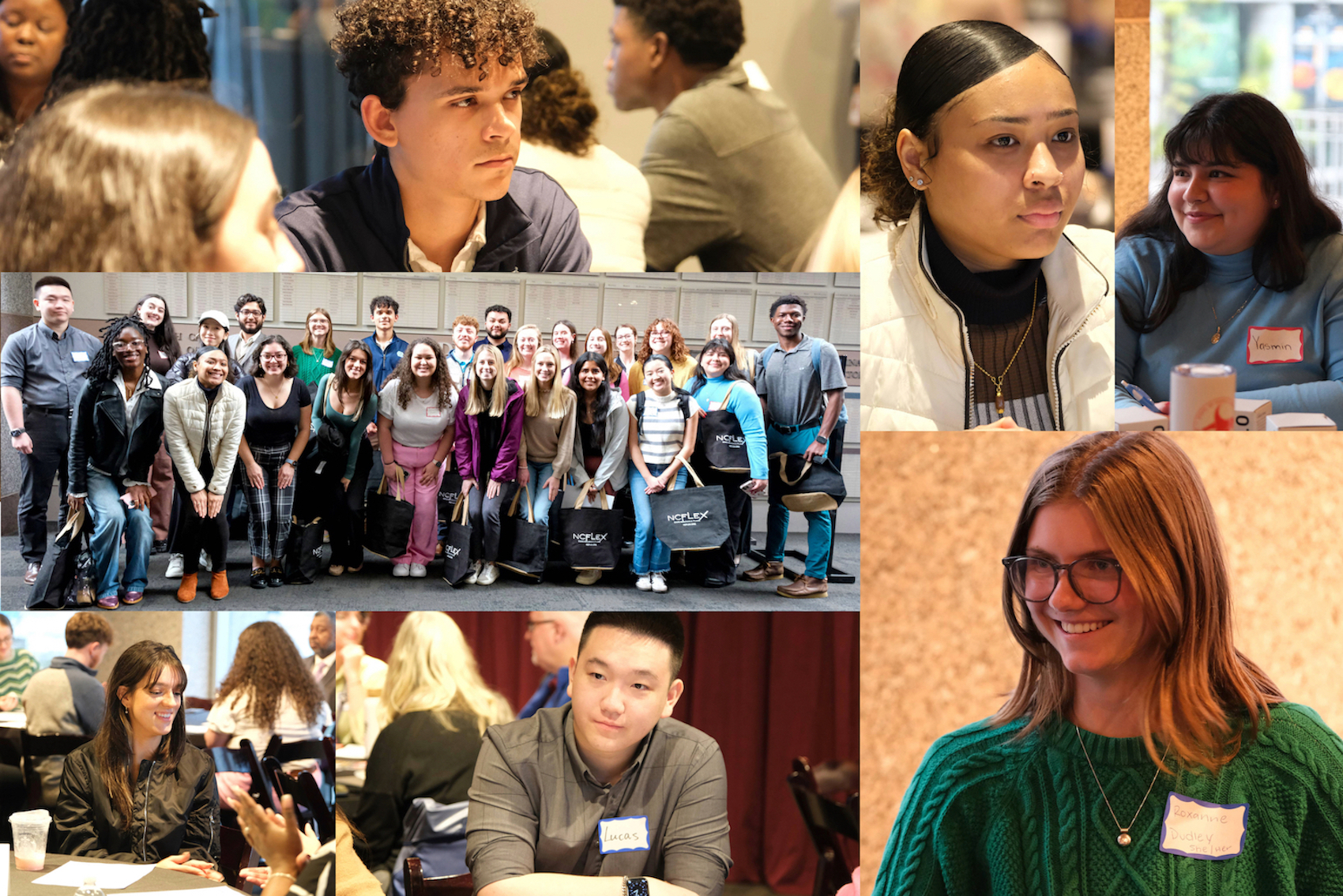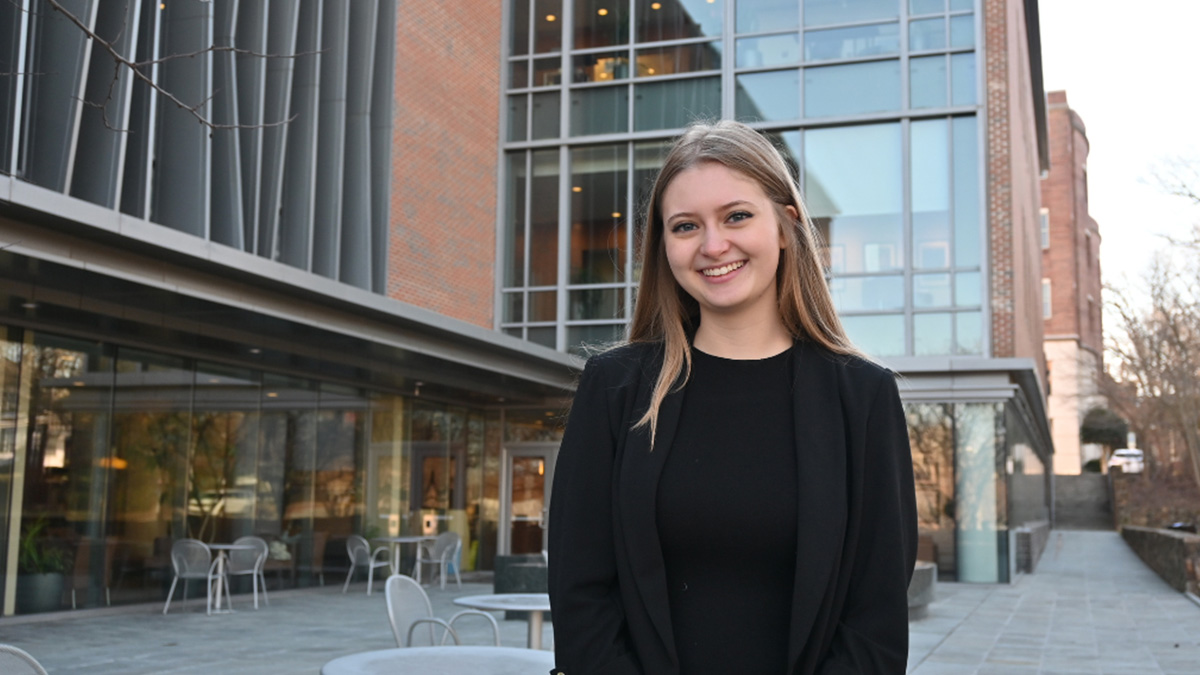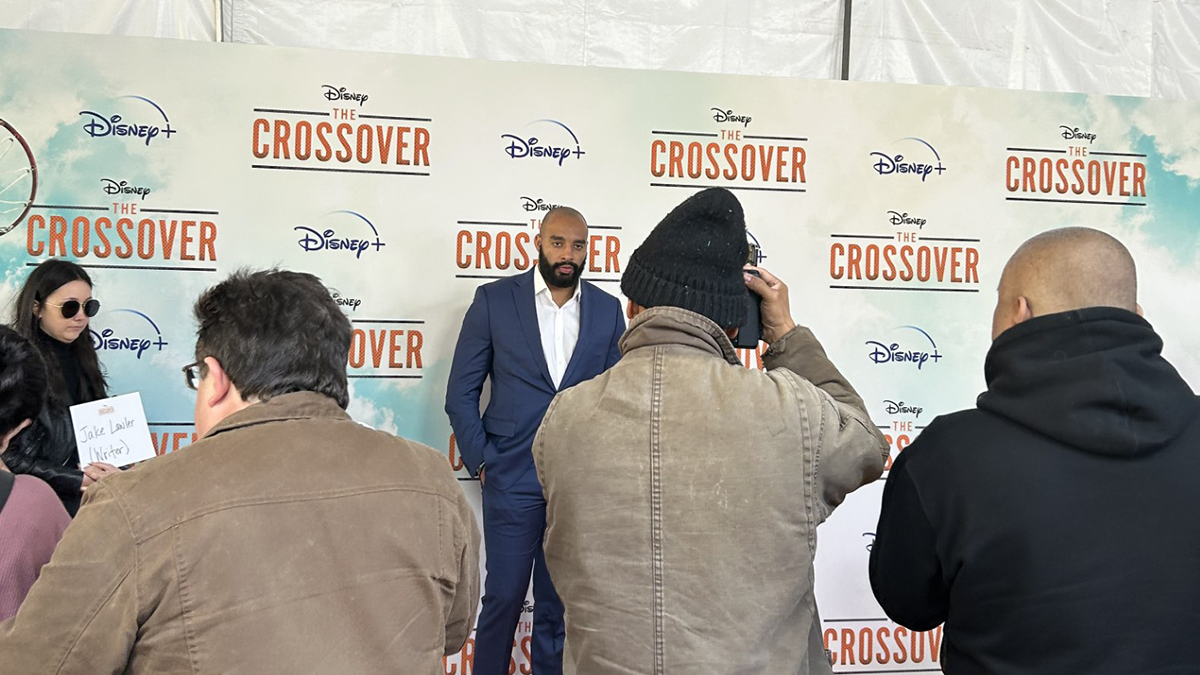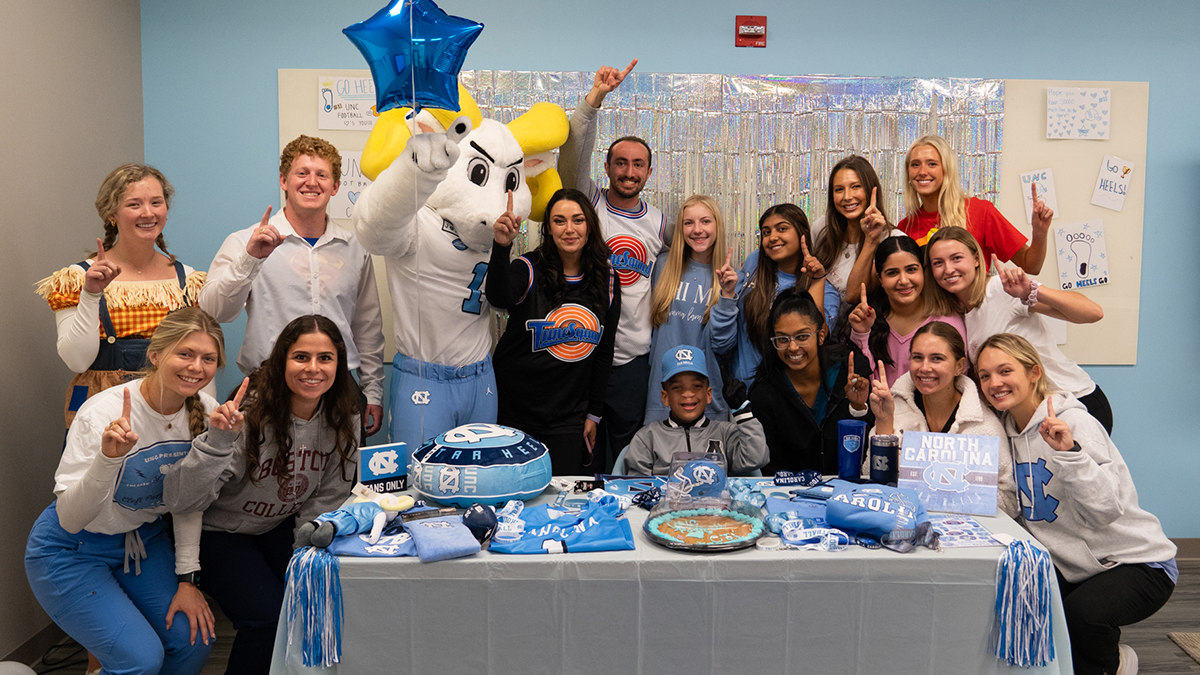Dance helps people manage chronic illness, Carolina students find
In a research study, a group of dancers at Carolina provided dance lessons to people struggling with diabetes. Their findings led them to launch a student organization offering dance workshops and social support to anyone struggling with a chronic illness
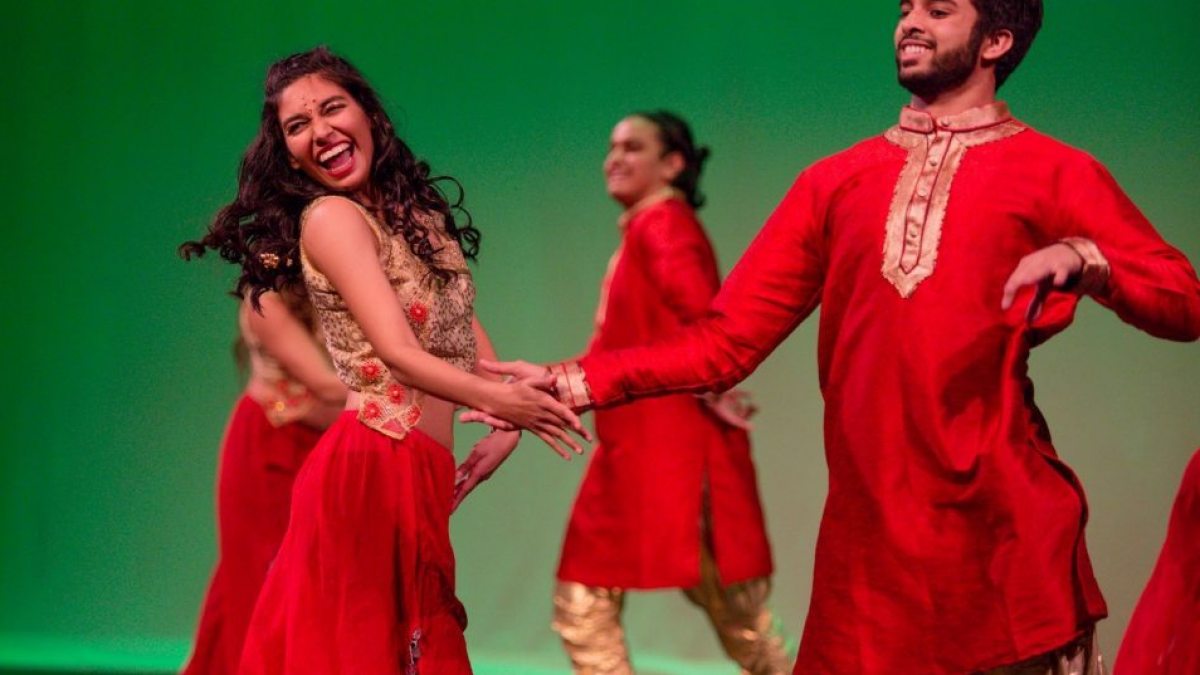
As a first-year at Carolina, Maebelle Mathew joined a student Bollywood-fusion dance group to help connect with her Indian roots and continue the sport she’d loved since childhood.
She never imagined that dance would become a part of her academic journey, let alone the focus of her very own research project.
But then Mathew found the Health and Humanities Interdisciplinary Venue for Exploration — more commonly known as the HHIVE lab — and developed an idea that would grow her passion for dance into something much bigger.
At HHIVE, Mathew met Jordynn Jack, a professor of English and comparative literature who was conducting a study called Writing Diabetes. The study invited diabetes patients to tell their stories of living with chronic illness. When Mathew volunteered to read their narratives, she noticed a pattern.
“A solid number of the participants struggled with their body image or felt out of touch with their bodies in some way,” said Mathew, who was a Chancellor’s Science Scholar at Carolina. “Dance has helped me gain confidence in myself, so I wondered if maybe it could have a positive impact on people with diabetes too. I just decided I was going to bring that idea to life.”
She wrote a research proposal and recruited friends from her dance group Chalkaa to help coordinate eight weeks of dance workshops at a local senior center. With financial support from the Office for Undergraduate Research, the team offered lessons in contemporary dance, Latin, Bollywood and Zumba for people with diabetes.
“Reading those narratives from Writing Diabetes showed a lot about their interactions with the healthcare system and how they viewed themselves and their illness,” said Akhila Boyina, a recent graduate in psychology who co-led the study. “We really wanted to look at dance as a different kind of intervention for health physically and psychologically.”
According to Boyina, the impact was clear.
“It wasn’t even a subtle change,” she said. “You could see that the way they were dancing was more unapologetic and free. A couple of the participants shared with us that they have to constantly control their diet, control their exercise, check on their sugar, so they have to think about their bodies in this sort of burdensome way. But through this workshop, they saw their bodies be able to accomplish something new. My heart was really full that day.”
Although the study was small, the results were promising. By the end of the eight weeks, participants reported an increase in self-esteem and coping ability, and some even saw their glucose levels decrease.
“There was one interview that really struck me, where the participant said that before doing this study, she felt really out of touch with her body,” said Jack, who served as the study’s faculty lead. “Someone would touch her foot, and she wouldn’t even really feel it. And she noticed that through dance she was able to have better connection with her body in a sensory way. That’s one of the things that dance really teaches you, and there’s something to be said for that.”
Although Mathew, Boyina and the rest of their team members graduated in May, they’re not done with Carolina yet. With Jack’s support, they’re launching a student organization at UNC-Chapel Hill to offer dance workshops and social support to anyone struggling with a chronic illness.
While Boyina is headed to medical school, she remains connected to the project, and Mathew has spent her summer rallying dancers in the Carolina community, booking spaces and identifying teachers to help the organization grow.
“The opportunities all of us had to conceive a project and see it through, I don’t think a lot of people have that opportunity, so it was a really valuable experience for us,” Mathew said. “But seeing how much of an impact the study had on our participants, we decided we wanted it to be something that lives on — something more permanent.”

